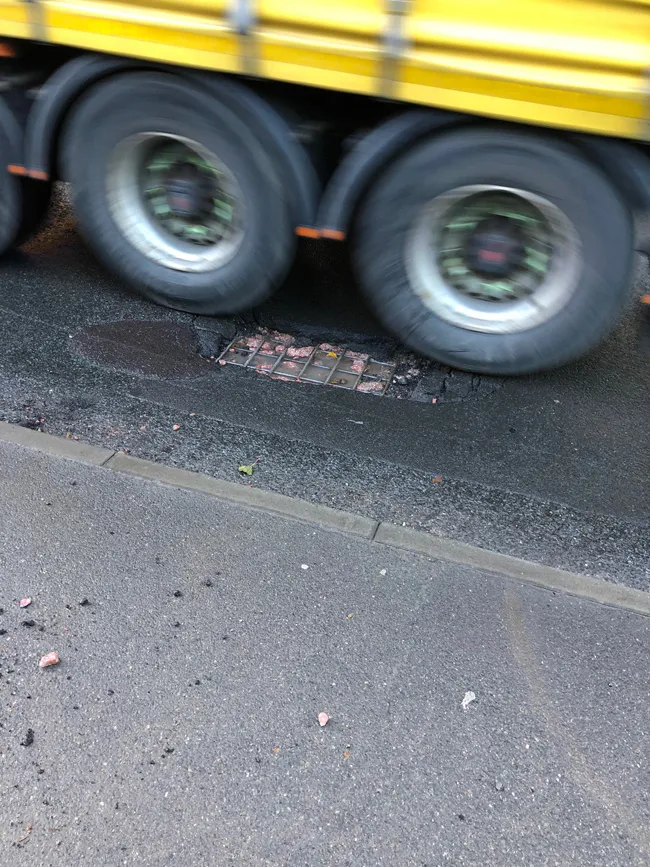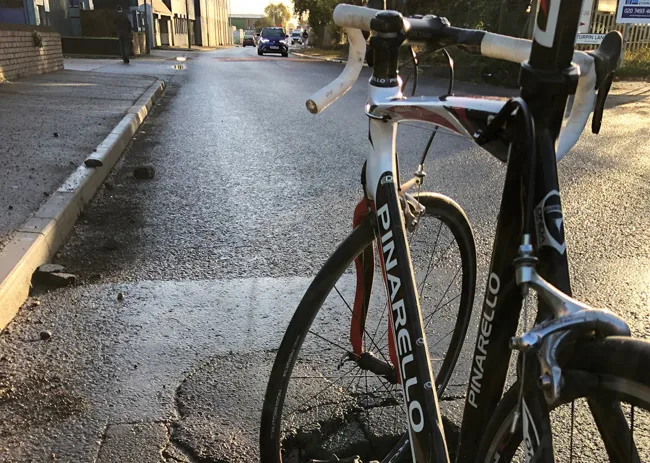
The four-year framework is divided into three lots and is available to local governments in the greater Liverpool City area in northwest England.
Suppliers for Lot 1 (works under €559,000) are Huyton Asphalt,
Lot 2 suppliers (works from €279,000 to €6.7 million) are Huyton Asphalt, NMCN, Colas, Tarmac, John Graham, King Construction and Dowhigh.
Suppliers for Lot 3 (from €5.6-13.5 million) are Huyton Asphalt, NMCN, Colas, King Construction, Dowhigh and John Graham.
“We are the only national contractor to be selected for all three lots,” said Carl Fergusson, chief executive of Colas UK, part of the French global Colas Group. “Colas was awarded the framework placement through recognition of a clear intention to promote local employment, through the self-delivery of works and active promotion and mentoring of local small-to-medium-size contractors.”
Liverpool put the framework out to tender eight months after ending a contract with Amey and bringing service back in-house in order to make savings, according to reports by local media late last year. The Amey contract began in 2013 and was due to run until 2022.
The council announced that the insourcing was in order to save around €100 million over three years in the face of other government cuts. It estimated it would save nearly €840,000 which will be used for pothole repairs and installation of alleygates – lockable gates across alleys running between the rear gardens of houses in dense residential areas.









